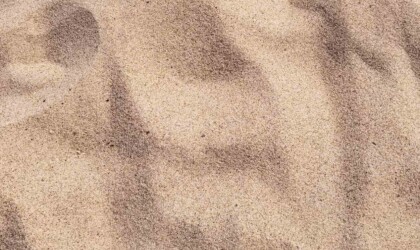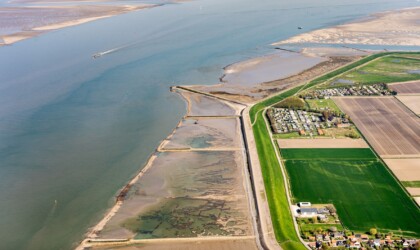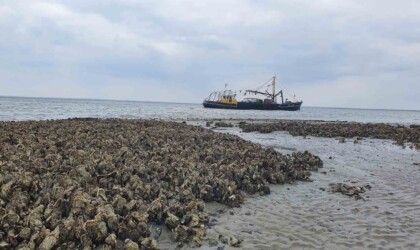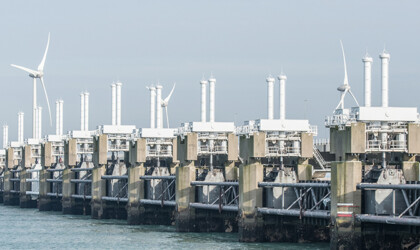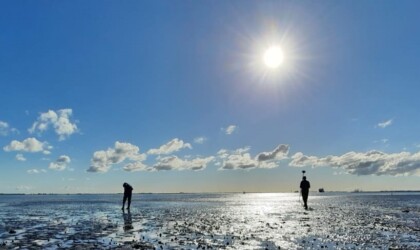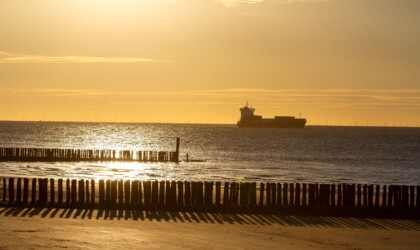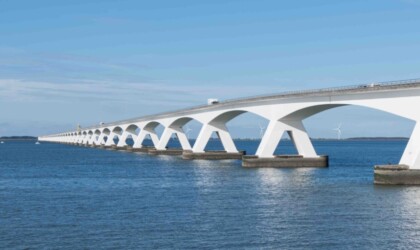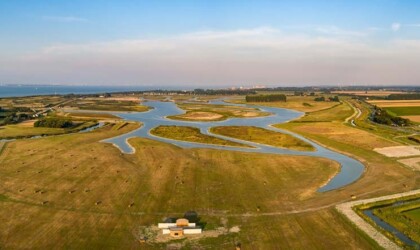In the new project Manabas Coast, a partnership including HZ University of Applied Sciences is developing an accessible, tested framework for the large-scale application of nature-based solutions in coastal areas. This should make it easier in the North Sea region to opt for these kinds of solutions.
Manabas stands for Mainstreaming Nature Based Solutions. The project will run for five years. In the area around the North Sea, climate change will eventually cause a sea level increase of half a metre to one metre, heavier storm surges and heat stress on sandy and muddy coasts. This is damaging. It increases the risk of flooding, coastal erosion and loss of biodiversity. Moreover, it can lead to rising costs for hard infrastructure. Nature-based solutions are suitable to address these challenges and also contribute to the blue economy, biodiversity and residents' well-being.
Yet policymakers are still far from opting for it. According to the participating parties, this is due to a lack of understanding of the success of nature-based solutions. A number of parties have previously worked together in the Interreg project NSR Building with Nature. Conditions for successful nature-based solutions emerged from the pilots. Through MANABAS COAST, they want to take these results to the next level.
Learning Activities
The project is divided into a number of learning activities. The first creates the accessible framework, the second looks at the success factors of the 16, previously conducted pilot projects with nature-based solutions. The third work package revolves around transferring knowledge, experiences and lessons on mainstreaming nature-based solutions. Not only to the partners, but also to external parties and students.
HZ is responsible for the third learning activity. Besides the HZ's professorships Building with Nature and Resilient Deltas, the University of Twente, Hoogheemraadschap Hollands Noorderkwartier, Resilient Cities and partners from Belgium, Denmark, Germany, France and Sweden are part of the consortium. In total, there are 15 partners. Manabas Coast was co-funded by the Interreg North Sea programme.
More information is on the project's website.

